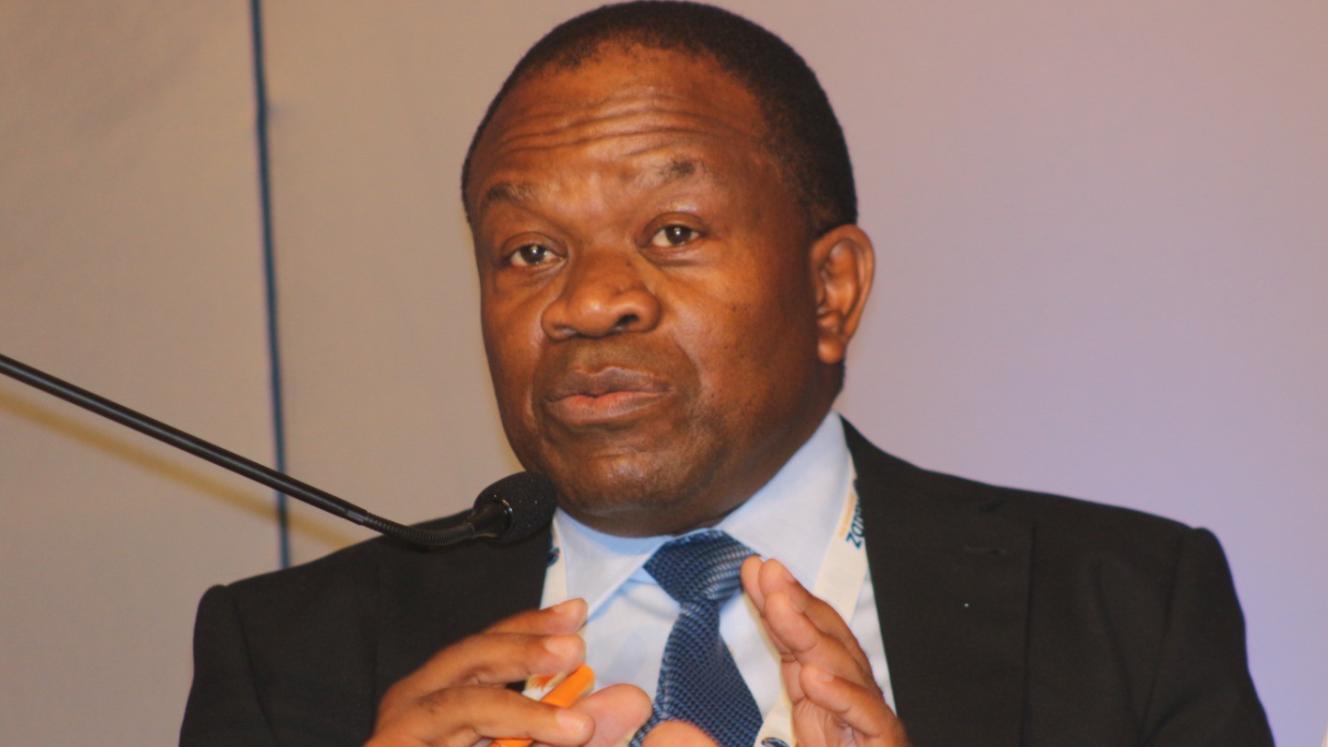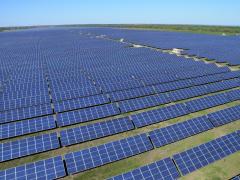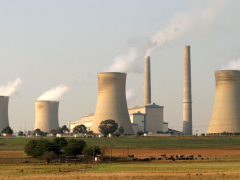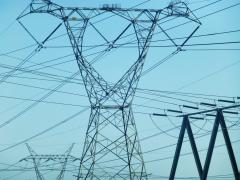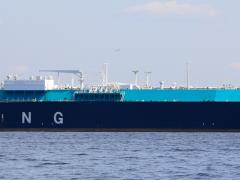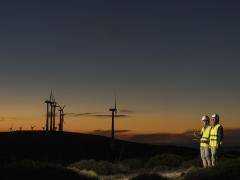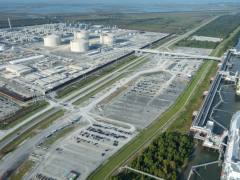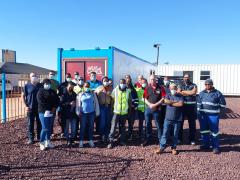The National Economic Development and Labour Council (NEDLAC) is expected to conclude deliberations on the Integrated Resource Plan 2025 (IRP 2025) “in a week or so”, according to Titus Mathe, CEO of the South African National Energy Development Institute (SANEDI).
Mathe said this during SANEDI’s briefing to the Portfolio Committee on Electricity and Energy where the institute presented its five-year strategic plan (2025-2029) and 2025/26 Annual Performance Plan (APP).
He reported that NEDLAC has engaged business, labour and community stakeholders over the past two months. While there is broad support for the draft IRP, concerns have been raised about the pace of change in the energy sector. Mathe said stakeholders support revising the IRP every two years. “We agree with that. We now have a very robust model developed by the technical teams that is well supported and accepted by everyone.” However, he noted ongoing debate about the assumptions feeding into the model.
Meridian Economics MD Grové Steyn recently raised concerns about the IRP 2025’s transparency required for credible policy-making.
Project execution constrained by funding
Mathe told the committee that SANEDI remains underfunded and unable to fully meet its mandate. The institute is pursuing donor funding and strategic partnerships, and is now considering offering consulting services to generate additional revenue. Approximately 76% of SANEDI’s income is funded by the fiscus with 19% sourced externally.
“We’ve scaled down our plans in the current APP due to the funding situation. But we are confident we can deliver on what’s been committed to,” Mathe said.
Key initiatives and strategic focus areas
SANEDI’s updated plan aligns with the Department of Electricity and Energy’s national priorities, including:
- Municipal sustainability: A pilot municipal sustainability model is underway at Dr Beyers Naudé Municipality in the Eastern Cape with plans for national rollout over five years. The model is intended to assist municipalities facing financial distress, including Eskom debt exposure.
- Smart energy solutions: Programmes will focus on smart meters, smart geysers, solar water heaters, microgrids and other technologies to improve demand-side management and grid flexibility.
- Cleaner fossil fuel technologies: SANEDI is conducting a cost-benefit analysis of clean coal technologies, identifying circulating fluidised bed (CFB) technology as a potential pathway to reduce emissions at ageing coal-fired power stations. Engagements with Eskom are ongoing to assess CFB applications for repowering decommissioned plants such as Komati.
- Research and innovation: SANEDI will lead the development of energy specialisation centres to coordinate national energy research and technology development in support of future policy.
Mathe also confirmed that the Section 12L tax incentive programme, administered by SANEDI on behalf of National Treasury and the South African Revenue Service, has been extended for five years. The programme allows businesses to claim tax deductions for verified energy savings. In 2024/25, SANEDI facilitated greenhouse gas emissions reductions of 1,26 million tonnes through 12L-supported projects with a target of one million tonnes set for 2025/26.
